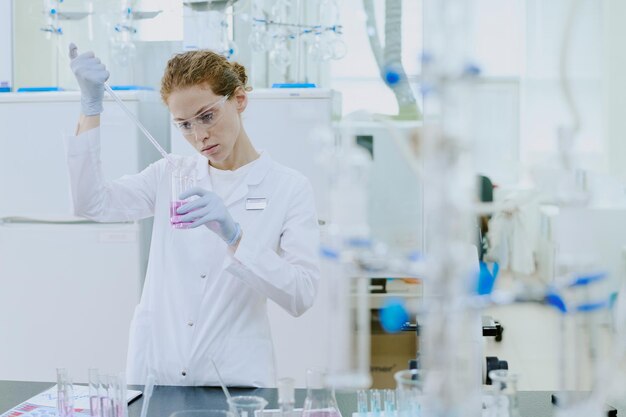How to Become a Biomedical Scientist: Education and Certifications
Embarking on a career as a biomedical scientist requires a blend of rigorous academic preparation and professional credentials. At the undergraduate level, aspiring scientists typically earn a bachelor's degree in biomedical science, biology, or a related field. This foundational education introduces core laboratory techniques and essential scientific knowledge. However, in-depth specialization often necessitates further study. Many professionals pursue a master's or doctoral degree in biomedical science to gain advanced expertise and engage in significant research.
Additionally, certification from recognized bodies like the American Society for Clinical Pathology (ASCP) can enhance career prospects and professional credibility. Licensure requirements vary by region, but engaging in accredited training programs that prepare you for these certifications can be a crucial step. These educational and certification efforts collectively ensure that biomedical scientists are well-equipped to contribute to cutting-edge medical research and diagnostics.
Path to Becoming a Biomedical Scientist:
- 🎓 Bachelor’s Degree in Biomedical Science/Biology
- 🎓 Master’s or Doctoral Degree in Biomedical Science
- 📜 Certification from the American Society for Clinical Pathology (ASCP)
- 🏫 Accredited Training Programs for Licensure
- 🔬 Specialized Research Experience
